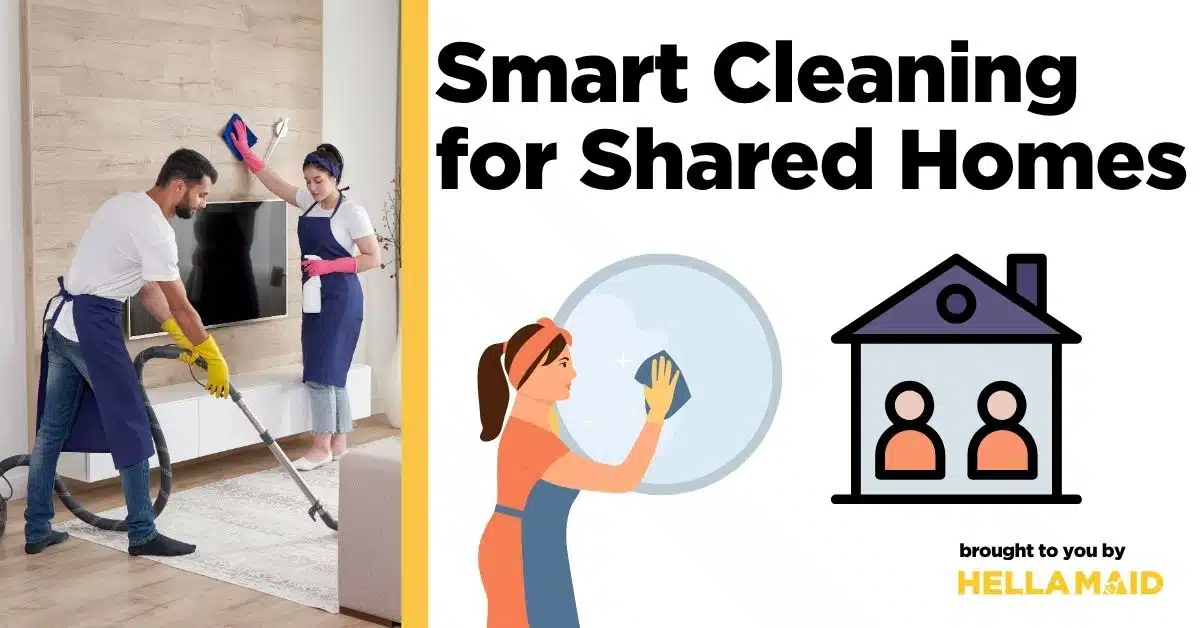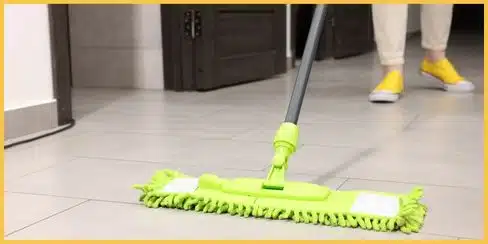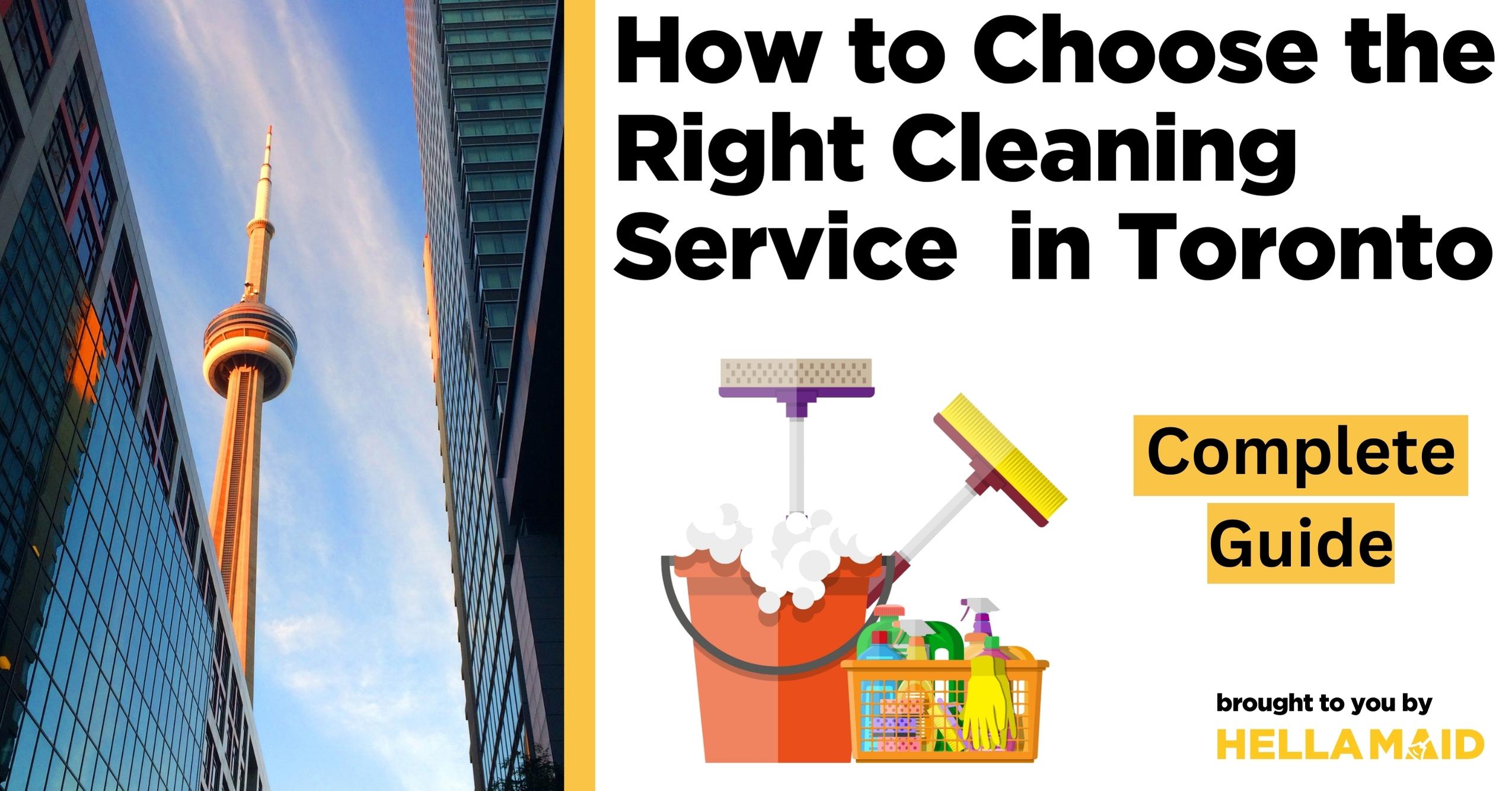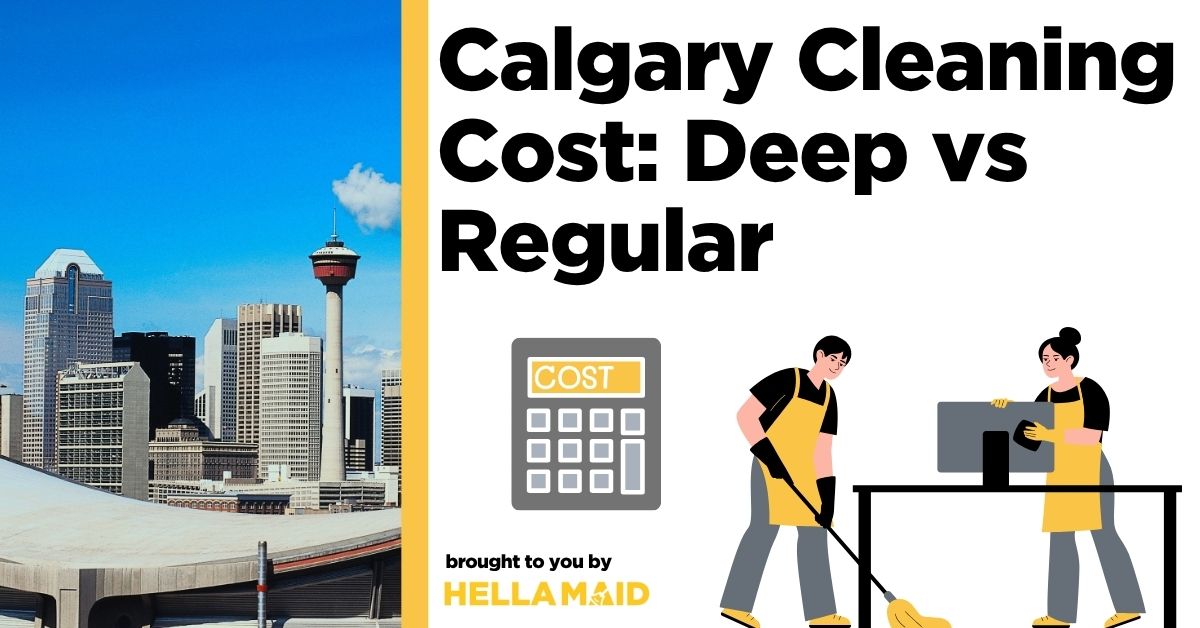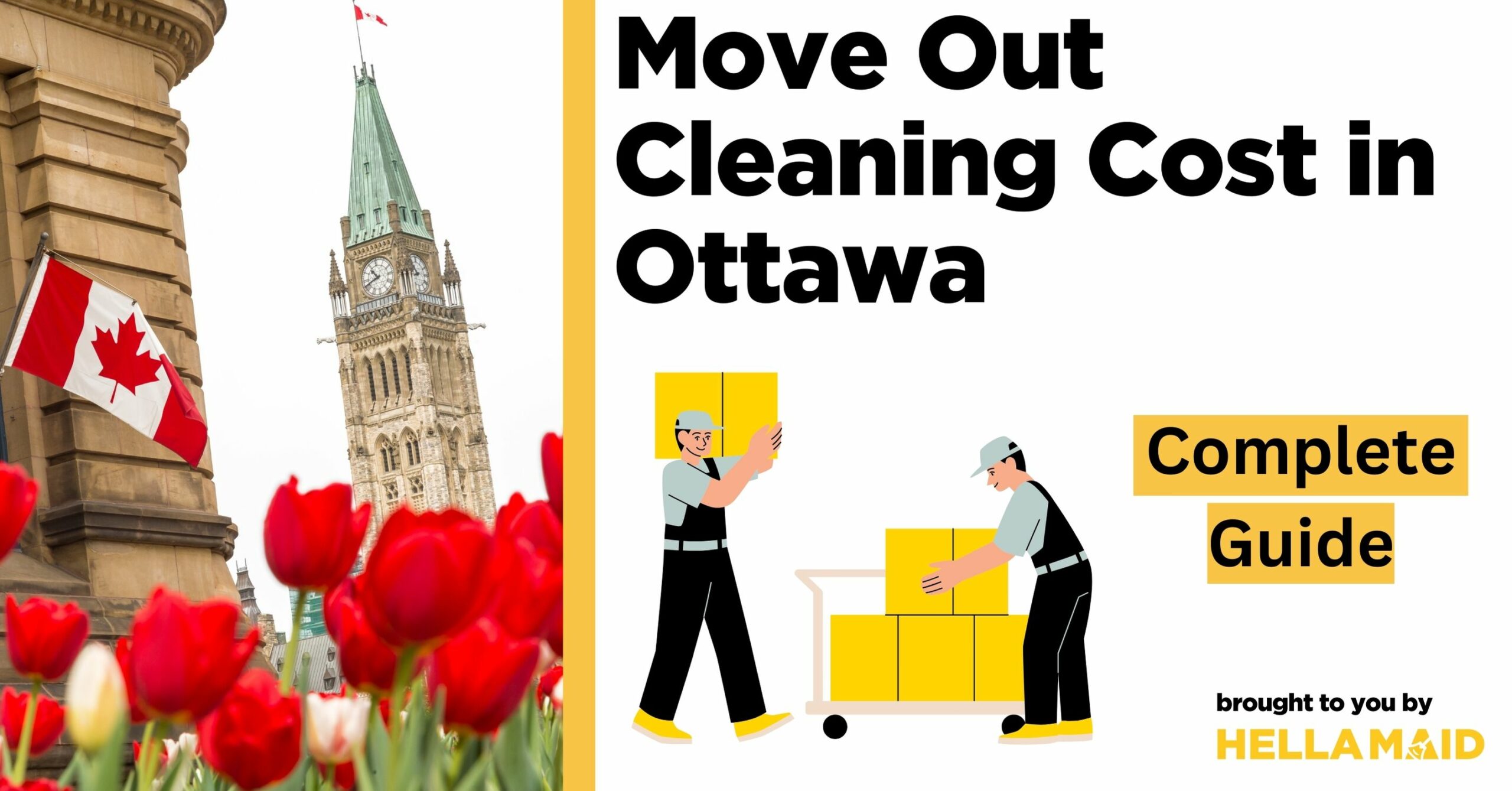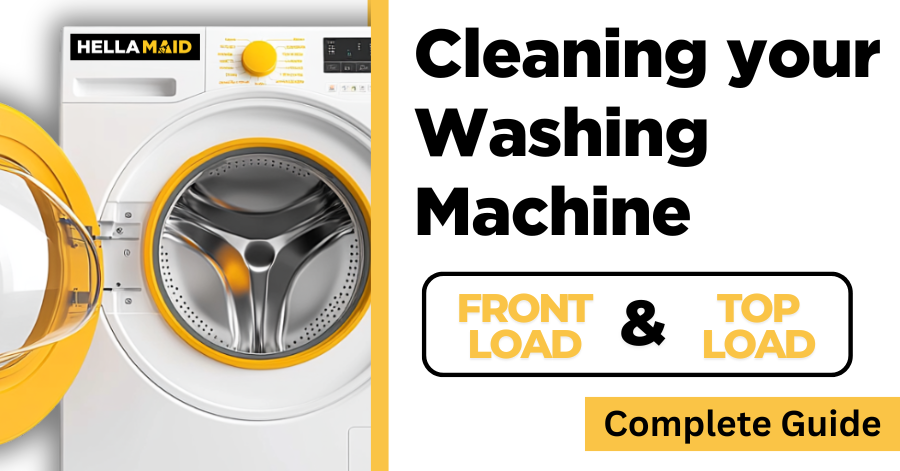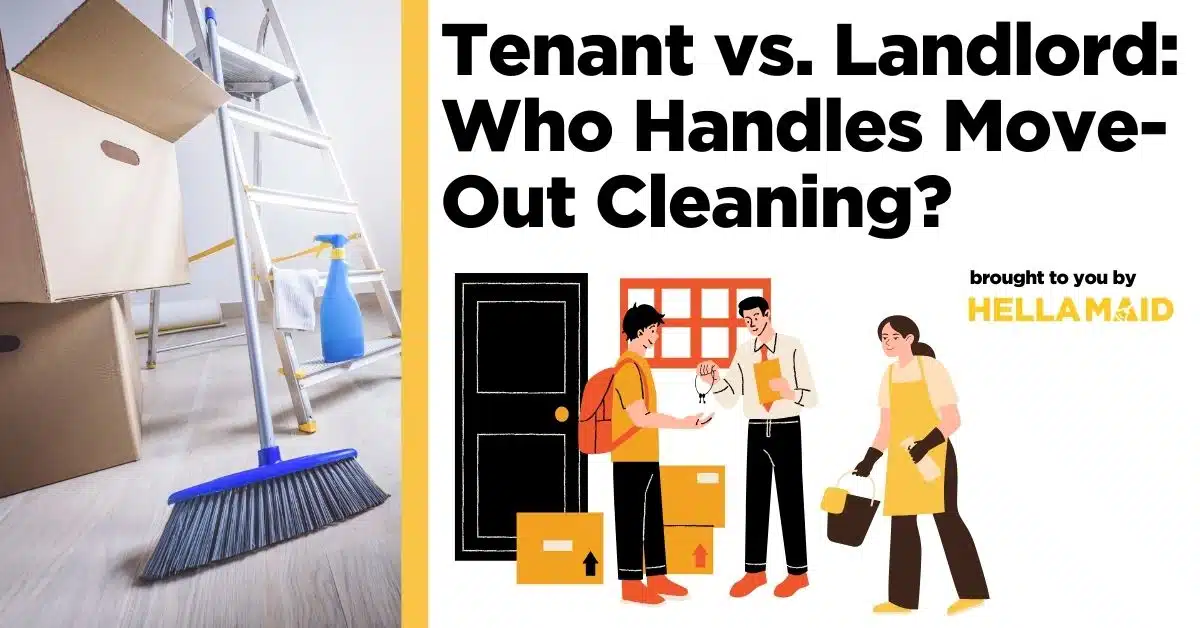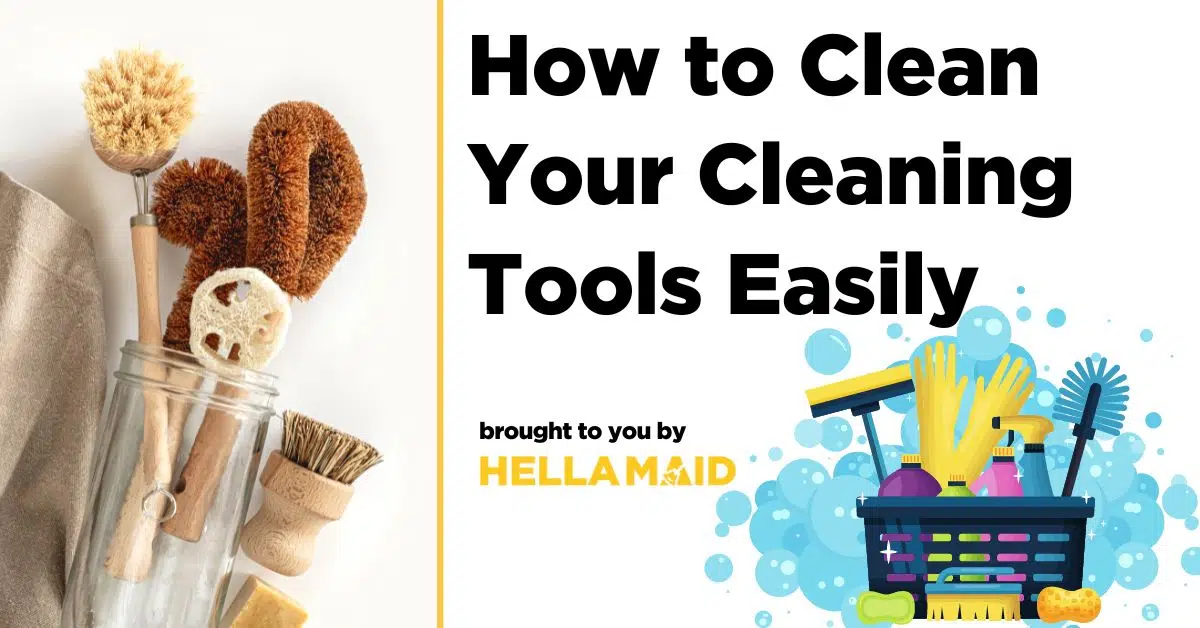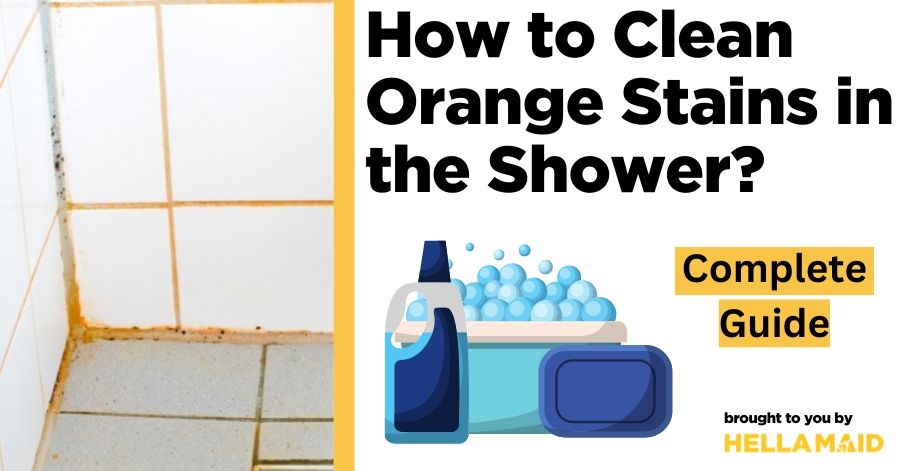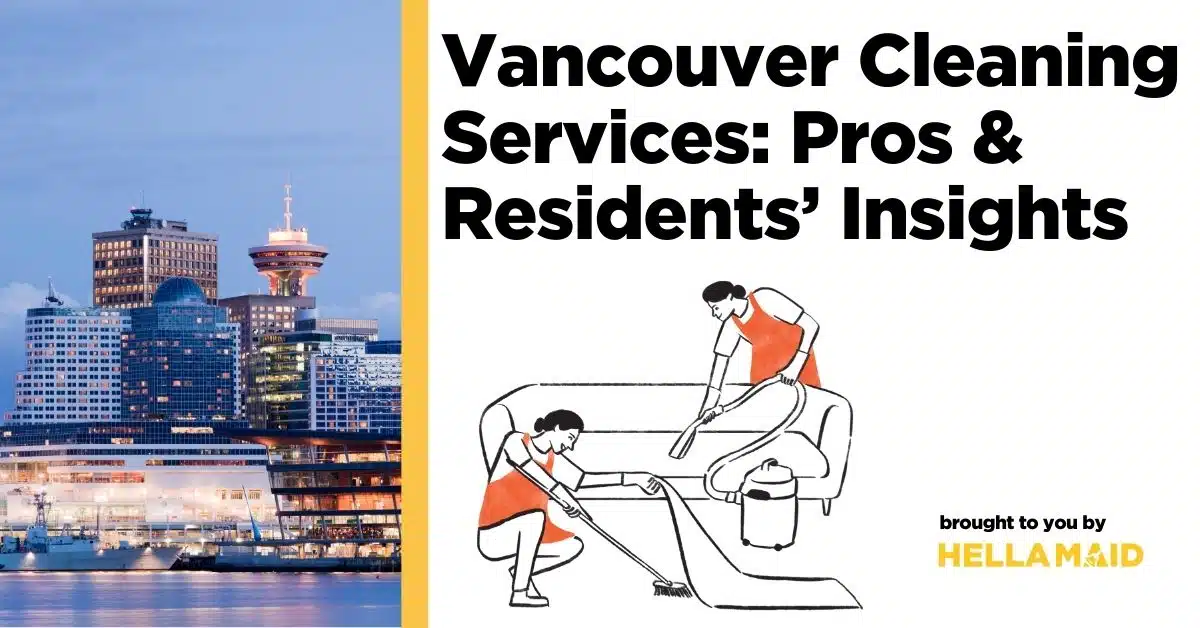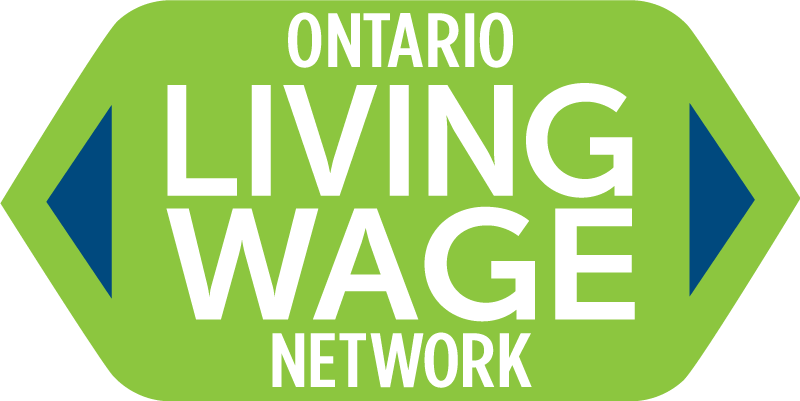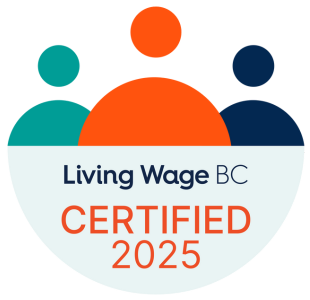Key Points
- It’s crucial to keep the common areas of your shared home clean, as this helps ensure better health, reduced stress, a secured deposit, and roommate harmony.
- When it comes to roommate setups, there’s usually a cleaning schedule in place. For landlord or property-managed homes, professional cleaners are often hired to maintain the property’s cleanliness.
- To create a fair cleaning routine for your shared home, you should: (1) talk openly to set expectations, (2) make a cleaning schedule that works for everyone, and (3) consider hiring cleaning professionals to avoid stress.
Sharing a home can be fun and practical, but when it comes to cleaning common areas, things can get complicated. Kitchens, bathrooms, and living rooms quickly become messy when no one knows who’s responsible.
So, who’s in charge of cleaning common areas in shared homes? A little clarity goes a long way in keeping shared spaces clean, comfortable, and conflict-free; and that’s exactly what this guide will help you with.
Why It’s Important to Keep Common Areas Clean
A clean common area isn’t just nice to look at, it’s essential for a healthy and happy home. Shared spaces like kitchens, living rooms, and bathrooms are high-traffic zones, so dirt and germs build up quickly. If left uncleaned, these areas can cause tension among residents and even lead to issues with your landlord.
Keeping common areas clean helps maintain:
- Better Health: Cleaning regularly stops the spread of germs and makes your air quality better.
- Reduced Stress: Walking into a clean home can uplift mood. Messes create visual stress and anxiety.
- Deposit Security: Landlords expect the unit to be left in “reasonably clean” condition. A dirty common area may put your security deposit at risk.
- Roommate Harmony: Clear cleaning rules prevent the biggest source of conflict in shared living.
Who’s Responsible for Cleaning Shared Spaces?
The responsibility for cleaning common areas depends on your specific type of rental agreement. You must know the difference between a co-tenancy and a rooming house setup.
This distinction is key to knowing your duties:
1. Roommate or Housemate Setups
In shared rentals or houses, cleaning duties are usually divided informally or through a cleaning schedule. Common approaches include:
- Rotating chores weekly so everyone shares the load.
- Task-based division (e.g., one person handles the kitchen, another does bathrooms).
- Splitting supply costs like dish soap, sponges, or garbage bags.
As mentioned, a clear system prevents tension. So, a regular house meetings help everyone stay on the same page.
2. Landlord or Property-Managed Homes
In some rentals, landlords hire professional cleaners for shared spaces and include the cost in rent. In others, tenants are responsible for maintaining common areas themselves.
Always check the lease agreement carefully. Some provincial tenancy rules also outline cleaning expectations for tenants and landlords. In most cases, tenants must keep the property clean and sanitary, while landlords handle major repairs and structural maintenance.
How to Create a Fair Cleaning System for Shared Homes
A fair and clear system is key to avoiding confusion and resentment.
Here’s how to build one that works for everyone:
Step 1. Talk Openly and Set Expectations
A good cleaning system starts with honest communication. Sit down with your housemates and have a clear conversation about cleanliness standards and responsibilities. Everyone has different habits, some don’t mind a few dishes in the sink, while others prefer everything spotless, so it’s important to find common ground that works for everyone.
Use this discussion to agree on the basics:
- What bothers each person most about shared space cleanliness
- How often each area should be cleaned
- Whether you’ll clean together or divide tasks
- Consequences if someone doesn’t follow through
Having this talk early prevents misunderstandings and frustration later on. Make sure everyone feels heard, and aim for a system that’s fair and realistic for the whole group.
Step 2. Make a Cleaning Schedule That Works
After setting expectations, the next step is to create a clear cleaning schedule. This removes any guesswork and makes sure responsibilities are shared fairly, helping to keep your home consistently clean.
Here’s an example of a weekly cleaning rotation that works well for many shared households:
| Week | Kitchen | Bathroom | Living Room | Trash/Recycling |
|---|---|---|---|---|
| 1 | Alex | Jamie | Sam | Taylor |
| 2 | Jamie | Sam | Taylor | Alex |
| 3 | Sam | Taylor | Alex | Jamie |
| 4 | Taylor | Alex | Jamie | Sam |
Of course, your schedule can be adjusted based on your household size and routine. Some groups prefer rotating duties each week so everyone takes turns, while others stick to permanent zones to keep things simple. You could also set one cleaning day for everyone to work together or use a chore jar to assign tasks randomly and keep things fair.
Once the schedule is finalized, post it somewhere visible, like the fridge or a shared digital calendar, so no one can miss it. Tools like OurHome, Tody, or a simple Google Sheet make it easy to track responsibilities and keep everyone on the same page.
Step 3. Consider Professional Cleaning for Shared Areas
Sometimes, the best solution is hiring professional help. This is especially true if your household struggles with maintaining a consistent cleaning routine or if everyone has demanding schedules.
Professional cleaning servicess, like Hellamaid, can handle regular maintenance of your shared spaces. This removes the responsibility from roommates and ensures a consistently clean home. Many shared households find that splitting the cost of bi-weekly or monthly cleaning is worth the peace of mind.
The benefits of professional cleaning for shared homes include:
- Neutral third party: No one feels like they’re doing more work than others
- Consistent results: Professionals bring expertise and thoroughness
- Time savings: Everyone gets their time back for other priorities
- Reduced conflicts: Cleaning disputes become a thing of the past
If budget is a concern, you might start with monthly house cleaning while maintaining daily tidying yourselves. This hybrid approach works well for many households.
Practical Tips to Avoid Cleaning Conflicts
Even with a schedule, daily habits make a huge difference.
These tips will help maintain a peaceful home.
- Clean As You Go: The most important rule. Wipe down the counter after cooking. Wash your dish immediately after eating. Put away your laundry right away.
- Have Shared Cleaning Supplies: Create a cleaning caddy with shared items. Have a separate cleaning supply fund to replace items quickly.
- The 15-Minute Tidy: Once a week, have a 15-minute scheduled “all hands on deck” tidy. Put on some music and work together to tackle clutter.
Frequently Asked Questions
Understanding the specifics of shared area cleaning will save you time and trouble.
FAQ #1: What areas are usually considered ‘common areas’?
Common areas are the parts of the home that all residents share access to and use. These typically include:
- Kitchen (counters, sink, appliances, floor)
- Living Room
- Dining Area
- Shared Bathrooms (excluding one attached to a private room)
- Hallways and Stairwells inside the unit
Your private bedroom and private bathroom (if you have one) are not considered common areas.
FAQ #2: How often should common areas be cleaned?
Cleaning frequency depends on the number of people and how much you cook or entertain. A general schedule should look like this:
| Area | Recommended Frequency |
| Kitchen | Daily (counters, sink) and Weekly (floor, main appliances) |
| Bathrooms | Weekly (toilet, shower, floor) |
| Floors (Main) | Weekly (vacuuming and mopping) |
| Deep Clean Tasks | Monthly (fridge interior, oven, baseboards) |
FAQ #3: Can landlords legally require tenants to clean common areas?
Yes. If it’s stated in the lease, tenants must maintain cleanliness. Some landlords even include cleaning services in the rent to keep shared spaces consistently clean. Always check your lease contract and local tenancy laws to know your responsibilities.
Conclusion
Shared spaces are everyone’s responsibility. Who’s in charge of cleaning common areas in shared homes depends on the living arrangement, but one thing is clear, communication, structure, and consistency make all the difference.
Whether through cleaning schedules or professional help, keeping common areas clean creates a healthier and happier shared home for everyone.
Let’s Make Shared Living Cleaner and Easier
Tired of the never-ending chore rotation or disagreements about who cleans what? Let Hellamaid, a top choice for cleaning services in Canada, take that stress off your plate. With us, you can enjoy:
- Upfront fees with no hidden charges
- Quick and easy online booking
- A trustworthy and experienced cleaning team
- Friendly customer support

